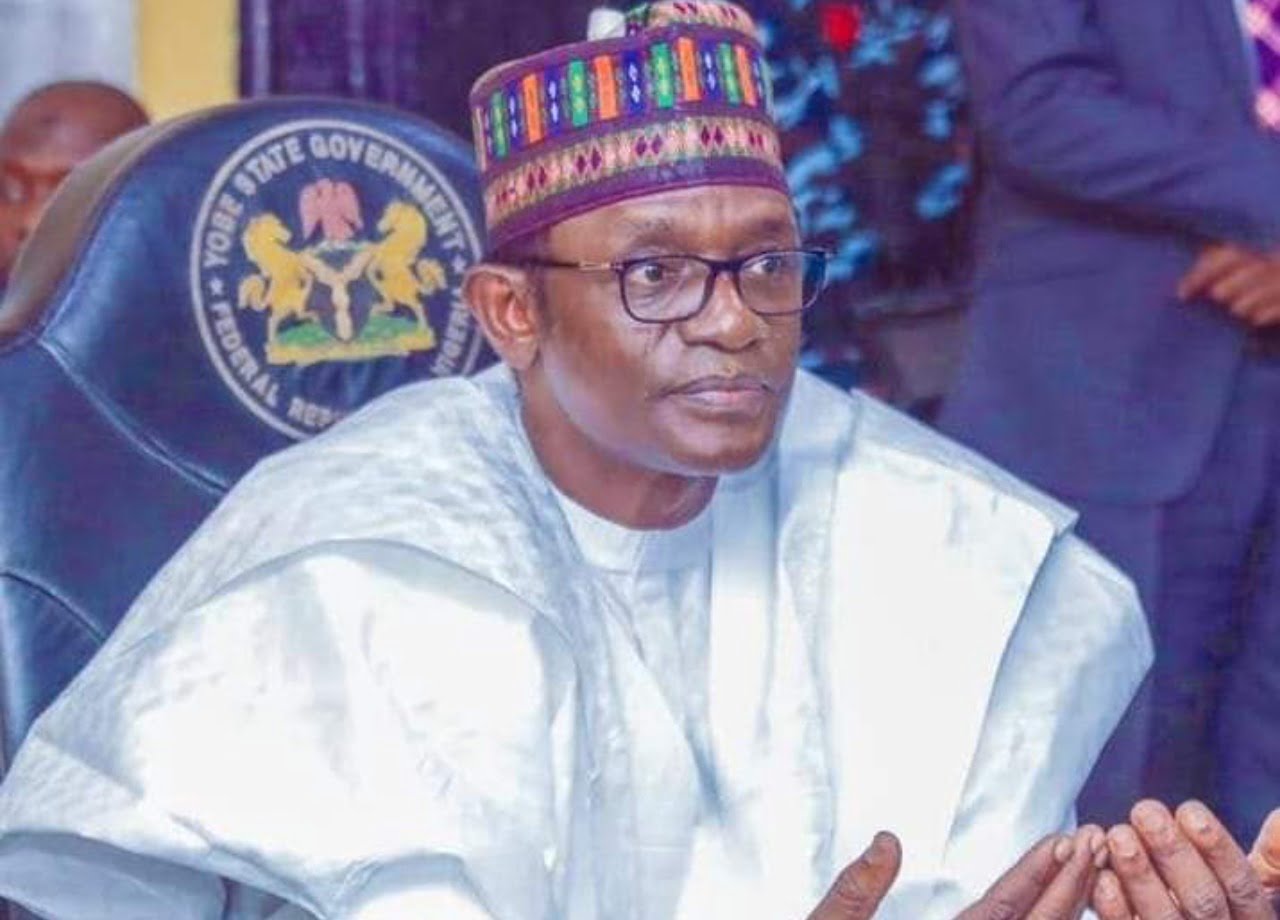Ramadan: Speak truth to power, Buni tells religious leaders
Governor Mai Mala Buni of Yobe State has urged religious leaders to always speak truth to power regardless of their relationship or affinity with the political leaders. Governor Buni stated this during a one-day interactive session with the chief imams and Islamic preachers across the 17 LGAs of the state ahead of the commencement of […]

Mai Mala Buni, Yobe State Governor
Governor Mai Mala Buni of Yobe State has urged religious leaders to always speak truth to power regardless of their relationship or affinity with the political leaders.
Governor Buni stated this during a one-day interactive session with the chief imams and Islamic preachers across the 17 LGAs of the state ahead of the commencement of Qur’an Tafsir in the month of Ramadan.
The governor, who was represented by his deputy, Idi Barde Gubana, said: ‘‘You should preach and tell us the truth so that we fulfil our promises.
‘‘Don’t be afraid to speak the truth. Keep reminding us that we will all die and appear before God one day to account for our stewardship. These will change our mind from the habits of stealing and mismanagement.’’
Meanwhile, Governor Dikko Umar Radda of Katsina State has urged Islamic clerics to lead their followers in fervent prayers for the restoration of peace in the state and the nation as a whole.
Speaking at the inauguration of the committee on Ramadan tafsir by the Jama’atu Izalatul Bidiah Wa Iqamatus Sunnah (JIBWIS) in Katsina on Sunday, the governor emphasized the importance of prayers in addressing the current challenges facing the region.
Represented by his Special Assistant on Religious Affairs (Izala), Malam Gambo Dan’Agaji, the governor reiterated his administration’s commitment to supporting religious activities due to their profound significance in the spiritual and worldly affairs of the people.
Chairman of the occasion, Alhaji Muhammad Usman Sarki, acknowledged the multifaceted challenges of insecurity and economic hardship gripping the state, emphasizing that divine intervention through prayers was crucial for alleviating the suffering of the people.
